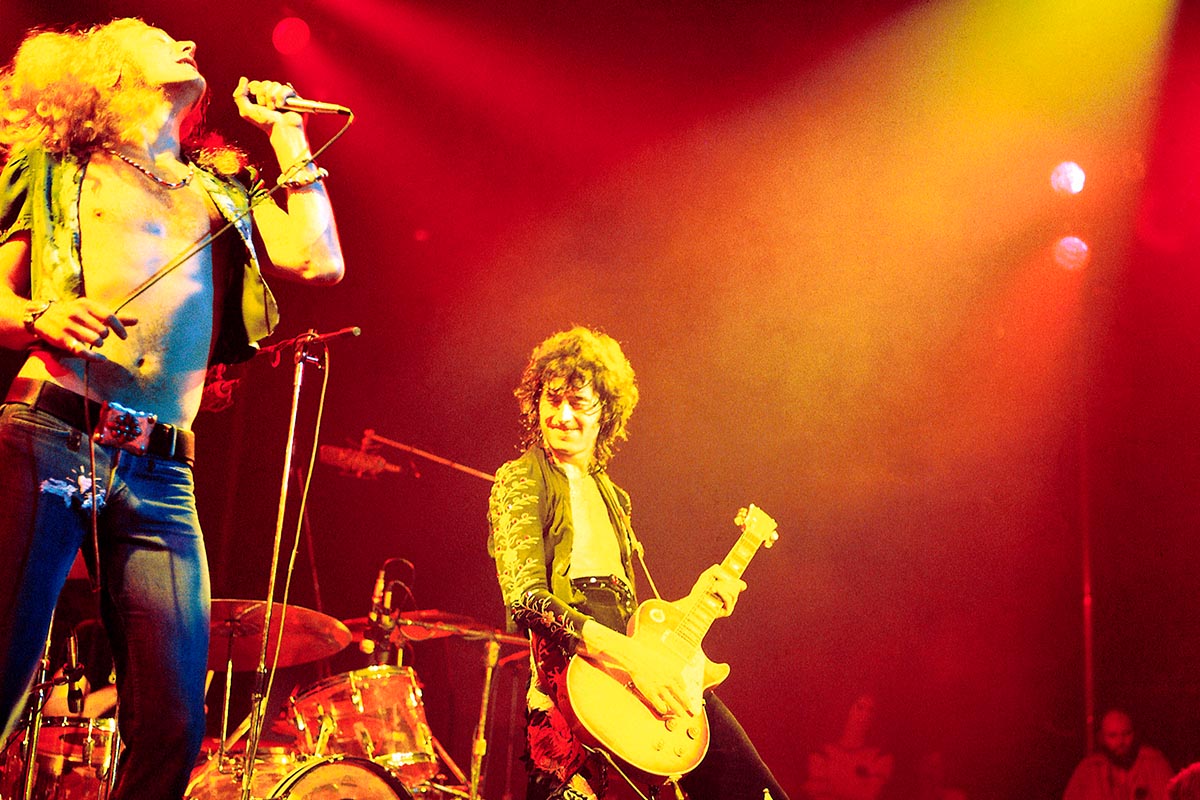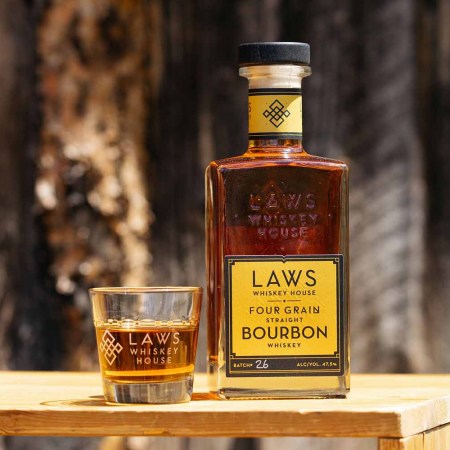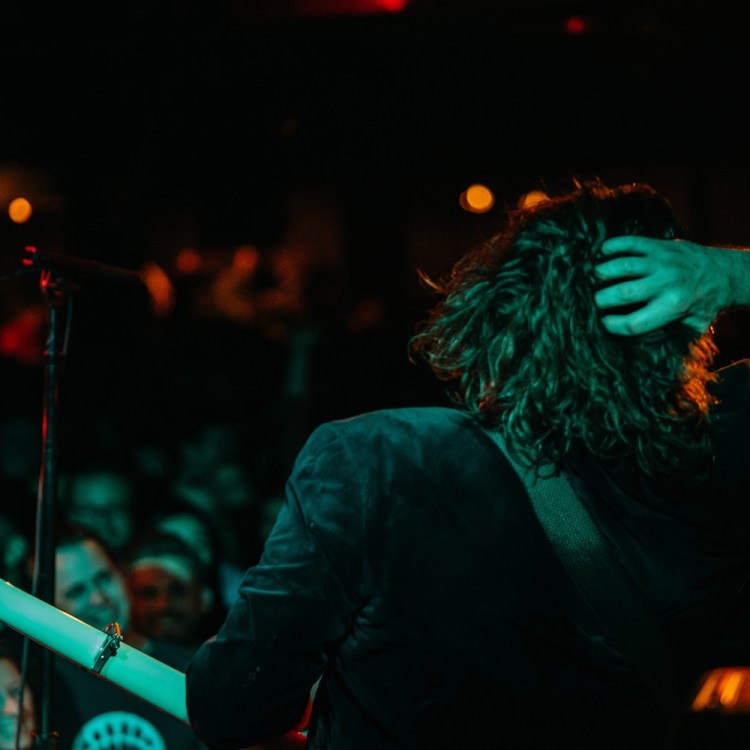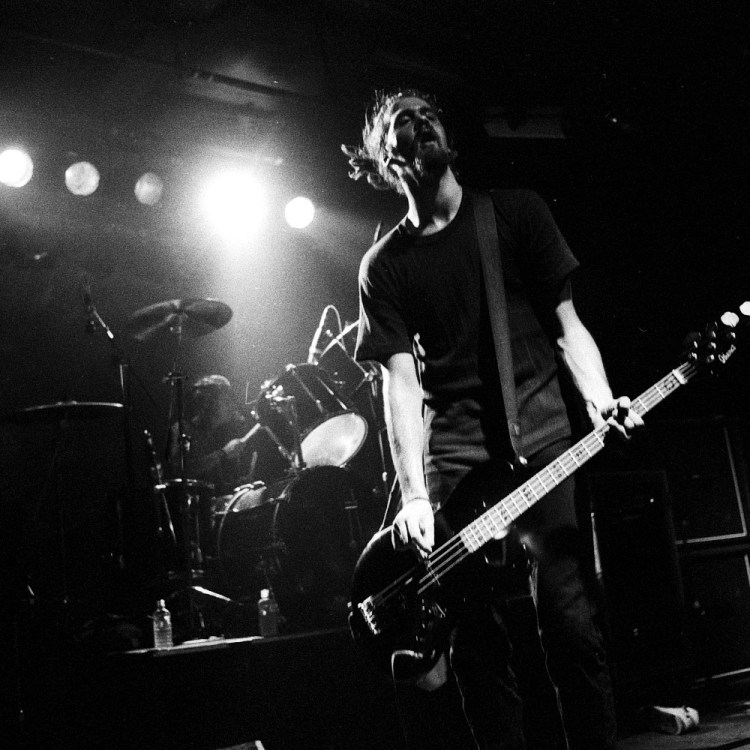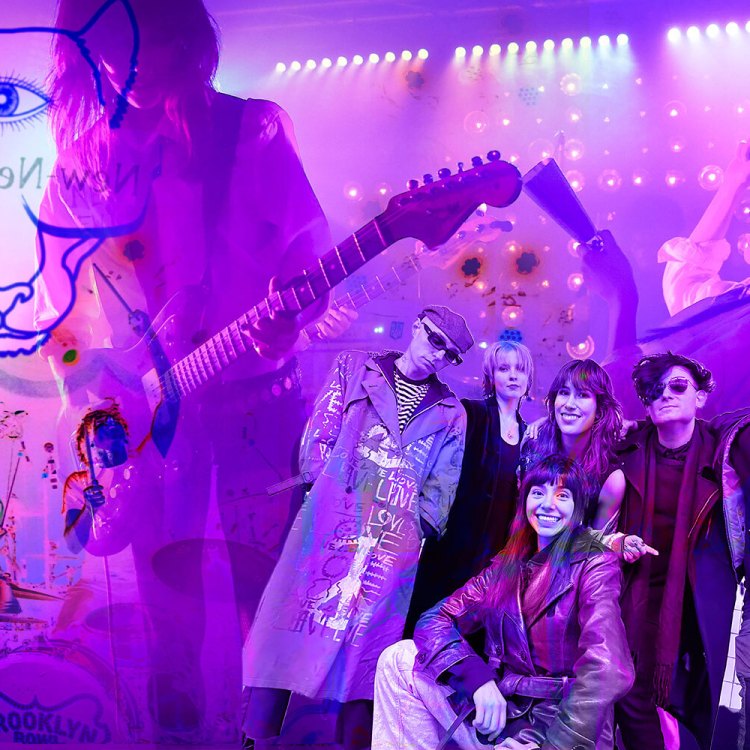Turns out Led Zeppelin is “culturally significant” enough to outweigh a Facebook ban.
Days after multiple Facebook users reported their posts had been banned for featuring the iconic artwork from Led Zeppelin’s 1973 album Houses of the Holy, the social media giant’s had an apparent change of heart — and may have been influenced by the resulting news coverage and a Change.org petition.
“As our community standards explain, we don’t allow nude images of children on Facebook. But we know this a culturally significant image. Therefore, we’re restoring the posts we removed,” a Facebook spokesperson told Ultimate Classic Rock, adding that it would consider the “newsworthiness” of the subject matter to avoid similar bans.
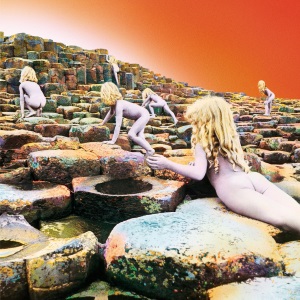
“Houses of the Holy”
Leonard Platteborze, who started the Change.org petition, originally claimed he received a message from Facebook noting his Zeppelin post had been taken down for violating FB’s community standards, which includes language on showing genitalia, sexual activity, sexually explicit language or female nipples. “I have been looking at this album for years and I don’t see any genitals, female nipples, or sexual activity and there is definitely no explicit language,” noted Platteborze.
The album cover is iconic, though its meaning has been a source of mystery. Produced by the London design firm Hipgnosis and shot in Northern Ireland, the concept of the House of the Holy cover and its crawling, naked children was based on Arthur C. Clarke’s sci-fi novel Childhood’s End.
Thanks for reading InsideHook. Sign up for our daily newsletter and be in the know.
